P. H. Low is a Locus- and Rhysling-nominated Malaysian American writer and poet with work published in Strange Horizons, Fantasy Magazine, Tor.com, and Diabolical Plots, among others. They have a bad habit of moving cities every few years, but can be found online at ph-low.com.
I had the opportunity to interview P. H., which you can read below.
First of all, welcome to Geeks OUT! Could you tell us a little about yourself?
Thanks so much for having me! I’m a Malaysian American writer who’s lived in almost every region of the US. I’ve published short fiction, poetry, and essays in Strange Horizons, Reactor, Fantasy Magazine, Diabolical Plots, and other places; These Deathless Shores is my first published novel.
What can you tell us about your debut book, These Deathless Shores?
These Deathless Shores is a Peter Pan retelling/reworking that follows Jordan, a former Lost Boy on Peter’s Island who is exiled to the outside world after she is caught having her first period. Nine years later, she’s twenty-two and still suffering withdrawal from the magic Dust of her childhood. When the drug she’s using to medicate that withdrawal starts wreaking its final, fatal effects, Jordan decides she has nothing left to lose and returns to the Island bent on facing Peter one last time, on her own terms.
Some AO3 tags include capitalism angst, genderfuckery, anxiety and neurodivergent rep, bi cinnamon roll x feral stabby, childhood friends to lovers, hurt/comfort, everyone is touch starved, and living long enough to become the villain. My editors have referred to the two main characters as “no thoughts head empty” and “blorbo,” respectively.
What inspired the story? What drew you towards writing a reimagining of Captain Hook’s story from Peter Pan?
The premise of These Deathless Shores crystallized for me after I read the original children’s book by J. M. Barrie, where I was struck by not just the sexism and racism, but also the shame with which adulthood is portrayed. In the world of Peter Pan, childhood is this glorified, pure, magical state that is a tragedy to lose, to the point where Lost Boys are killed off for growing up (a real quote from the original: “Peter thins them out”). Which sucks for the readers whose childhoods fall short of the ideal—for example, those who are queer, BIPOC, neurodivergent, and/or have a disability—because it kind of implies they don’t deserve magic at all. Peter and his unending youth have come to embody a certain ethos in popular culture, an ingrained narrative of hero vs. villain, and I wanted to write from a perspective that could examine the darker implications of that.
Were there any other books/films/music/etc. that inspired you while writing your project?
Yes, so many! This book was written and revised over seven years, so a lot of my influences during this time got threaded into the text. There are direct Easter eggs from This is How You Lose the Time War by Amal El-Mohtar and Max Gladstone, The Song of Achilles by Madeline Miller, On Earth We’re Briefly Gorgeous by Ocean Vuong, and The Likeness by Tana French, among others; some other formative works include V. E. Schwab’s Shades of Magic and Villains series, Fonda Lee’s Green Bone Saga, Wilder Girls by Rory Power, The Ten Thousand Doors of January by Alix E. Harrow, Every Heart a Doorway by Seanan McGuire, Six of Crows and Crooked Kingdom by Leigh Bardugo, Burning Roses by S. L. Huang, Hench by Natalie Zina Walschots, The Death I Gave Him by Em X. Liu, Portrait of a Thief by Grace D. Li, and the short fiction of Alyssa Wong and Brooke Bolander, among others.
I don’t watch a lot of TV, but Star Wars was a big influence, as were Black Panther and Into the Spider-Verse. I watched Nimona, Arcane, and Everything Everywhere All At Once a bit later into the revision process, but found some interesting resonances there too.
Music-wise: Halsey’s Manic and If I Can’t Have Love, I Want Power, andBillie Eilish’s Don’t Smile At Me.
As a writer, what drew you to the art of storytelling, especially speculative fiction?
Adding speculative elements to fiction has always seemed like an inherent part of storytelling to me, and half the magic of it—my philosophy is, if you’re going toliterally make something up, you might as well go all the way.
Obligatory caveat, re: my recent MFA thesis defense, that realism and the various subgenres of speculative fiction may have unique strengths when speaking to different personal and/or political issues and telling various kinds of stories (an example of the latter—realism/grounded magical realism may feel more conducive to fragmented prose because readers already have a common-ish framework for the rules of the world), but they both require craft and, since I don’t consider one “superior” to the other, I prefer the freedom to sprinkle in a little more of the fantastical 🙂
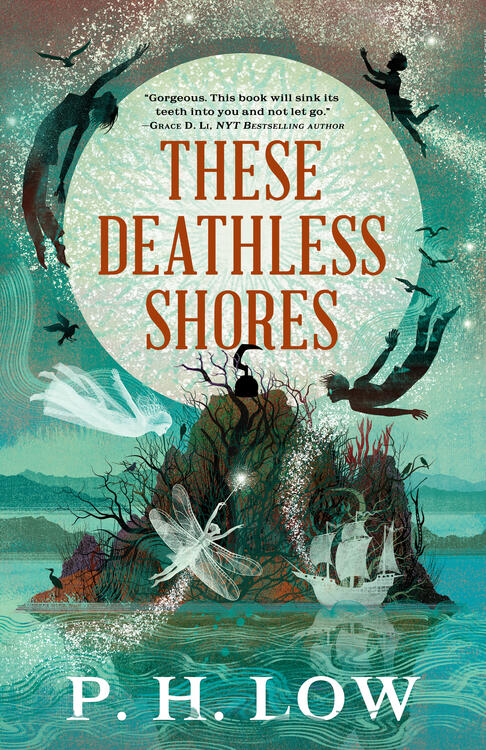
How would you describe your writing process?
Chaotic! These Deathless Shores went through eight drafts before edits; the first three were complete rewrites, and drafts three through seven each involved moving the two-thirds or halfway point to the twenty-five percent mark. At one point I cut a 40,000-word heist. Most of my projects since then / written between TDS revisions have been similar in terms of the amount of scrapping and revision.
What are some of your favorite elements of writing?
I love making up fake people! I love conjuring worlds beyond our own! I love committing crimes against punctuation em dashes!
What’s a question you haven’t been asked yet but that you wish you were asked (as well as the answer to that question)?
Character names—Jordan (Makta) and Baron are named after J. M. Barrie; Baron’s Hanwa (Chinese) name, Jinfei, was given to me by my dad, and the second character has the radical for “fly” in it.
What advice might you have to give for aspiring writers?
If you have the opportunity to slush read in the form and/or genre you want to write in, it can be immensely helpful, as it forces you to articulate why certain aspects of a story work for you (or don’t) and propose revisions that you can then use to frame your own writing. For my MFA, I had to annotate published books in a similar vein, which sometimes also included breaking down the plot; outlining almost scene by scene how complex novels like A Memory Called Empire are constructed was, I think (I hope), immensely educational for me as well.
Are there any other projects you are working on and at liberty to speak about?
I’m a bit of superstitious re: talking about projects that haven’t been fully written and/or sold (yet), but my flash piece with Babel / Griffin Harley feelings, “A Spell Forgotten,” was recently published in Baffling Magazine, and a short story I’ll pitch as The Bride Test meets Calvinism, entitled “Stone / Heart / Flesh / Wound,” will be published by Heartlines Spec on July 31.
Finally, LGBTQ+ books/authors would you recommend to the readers of Geeks OUT?
The Winged Histories by Sofia Samatar
This is How You Lose the Time War by Amal El-Mohtar and Max Gladstone
The Spear Cuts Through Water by Simon Jimenez
The Saint of Bright Doors by Vajra Chandrasekera
The Dark We Know by Wen-yi Lee
Little Thieves and Painted Devils by Margaret Owen
A Marvellous Light by Freya Marske

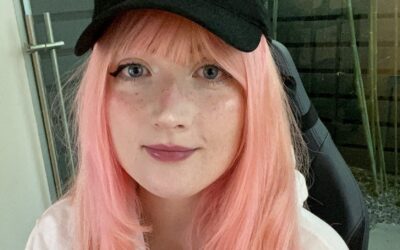
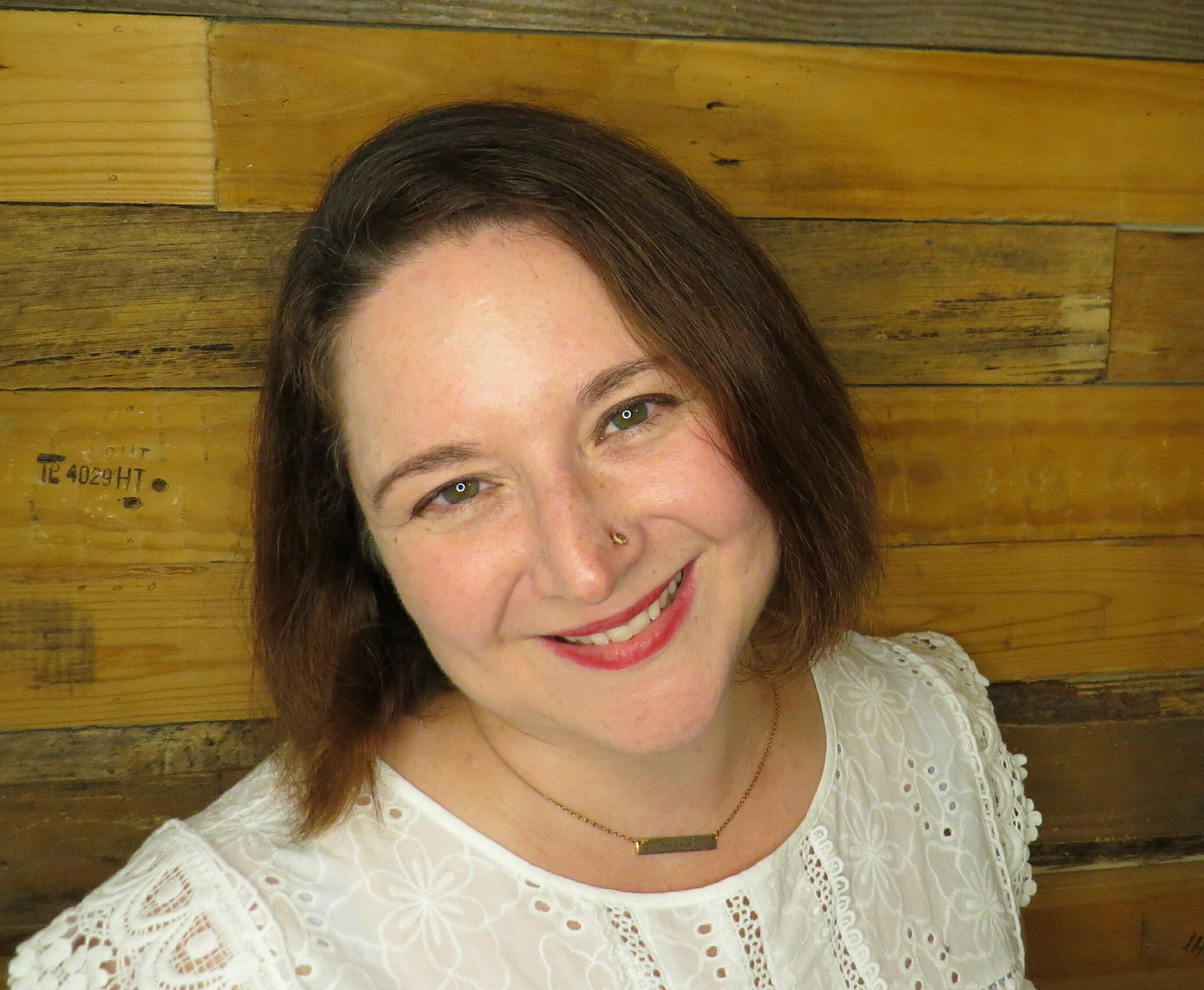
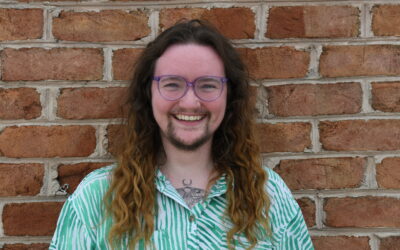
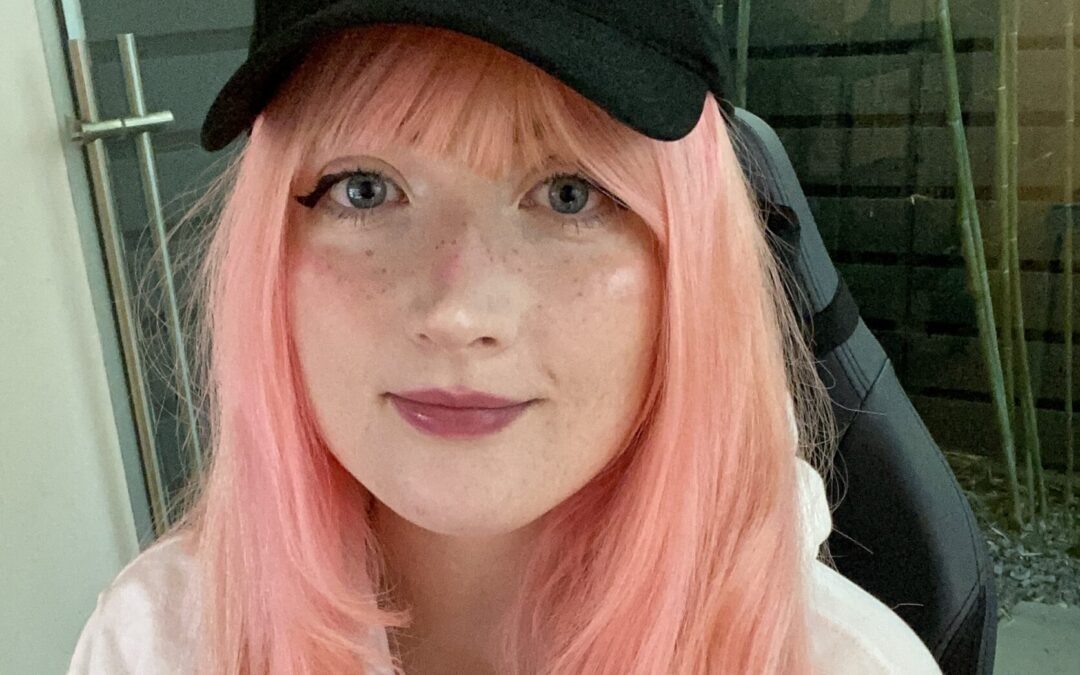
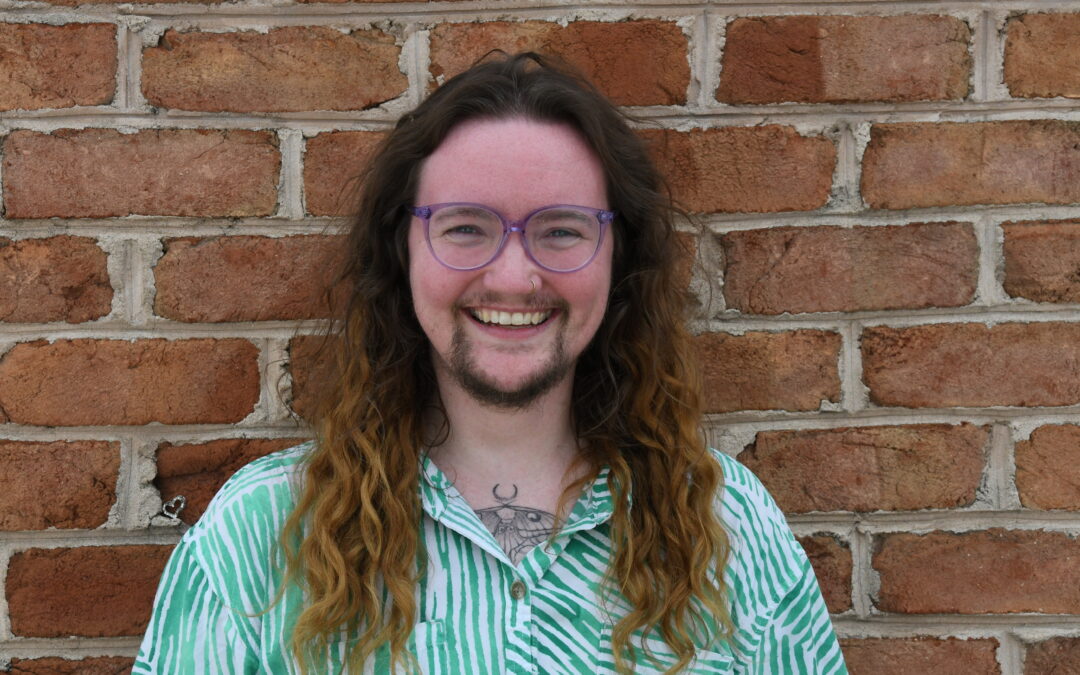
0 Comments